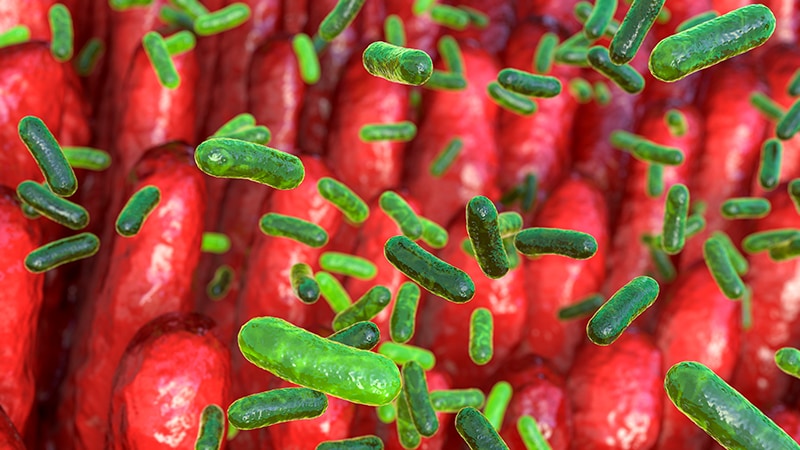Gut Microbes Show Promise as Potential Gout Treatment by Metabolizing Purines
This article explores the potential of gut microbes as a novel treatment for gout, a condition caused by hyperuricemia (high uric acid levels).
The article highlights Dr. Dylan Dodd's research, which focuses on how microbes break down purines, substances that contribute to uric acid production. Dodd explains that some gut microbes utilize purines as a food source, potentially reducing the amount available for absorption by the body.
Specifically, Dodd points to Lactobacillus species, common gut bacteria, as showing promise in metabolizing purine nucleosides. While research is still preliminary, some studies suggest that these probiotics could help lower urate levels.
Beyond Lactobacillus, Dodd's team discovered another pathway where certain bacteria break down uric acid into short-chain fatty acids, known for their anti-inflammatory properties. This finding opens up additional therapeutic possibilities.
The article discusses potential treatment strategies, including using Lactobacillus probiotics to reduce purine absorption, employing other bacteria to convert uric acid into beneficial short-chain fatty acids, and even engineering probiotics specifically designed to degrade uric acid.
While promising, these approaches require further research. Dodd acknowledges the need for optimized probiotic formulas and further investigation into the safety and efficacy of using bacteria that degrade uric acid.
The article concludes by addressing audience questions about the impact of fructose consumption and antibiotic use on gut bacteria and uric acid levels. Dodd suggests that fructose might suppress the function of uric acid-degrading bacteria and that antibiotic use could potentially influence uric acid levels, but more research is needed.
Kustomisasi Ringkasan
Tulis Ulang dengan AI
Buat Sitasi
Terjemahkan Sumber
Ke Bahasa Lain
Buat Peta Pikiran
dari konten sumber
Kunjungi Sumber
www.medscape.com
Gut Microbiome Has Potential to Counter Gout
Wawasan Utama Disaring Dari
by Jim Kling pada www.medscape.com 11-18-2024
https://www.medscape.com/viewarticle/gut-microbiome-has-potential-counter-gout-2024a1000kyy
Pertanyaan yang Lebih Dalam
